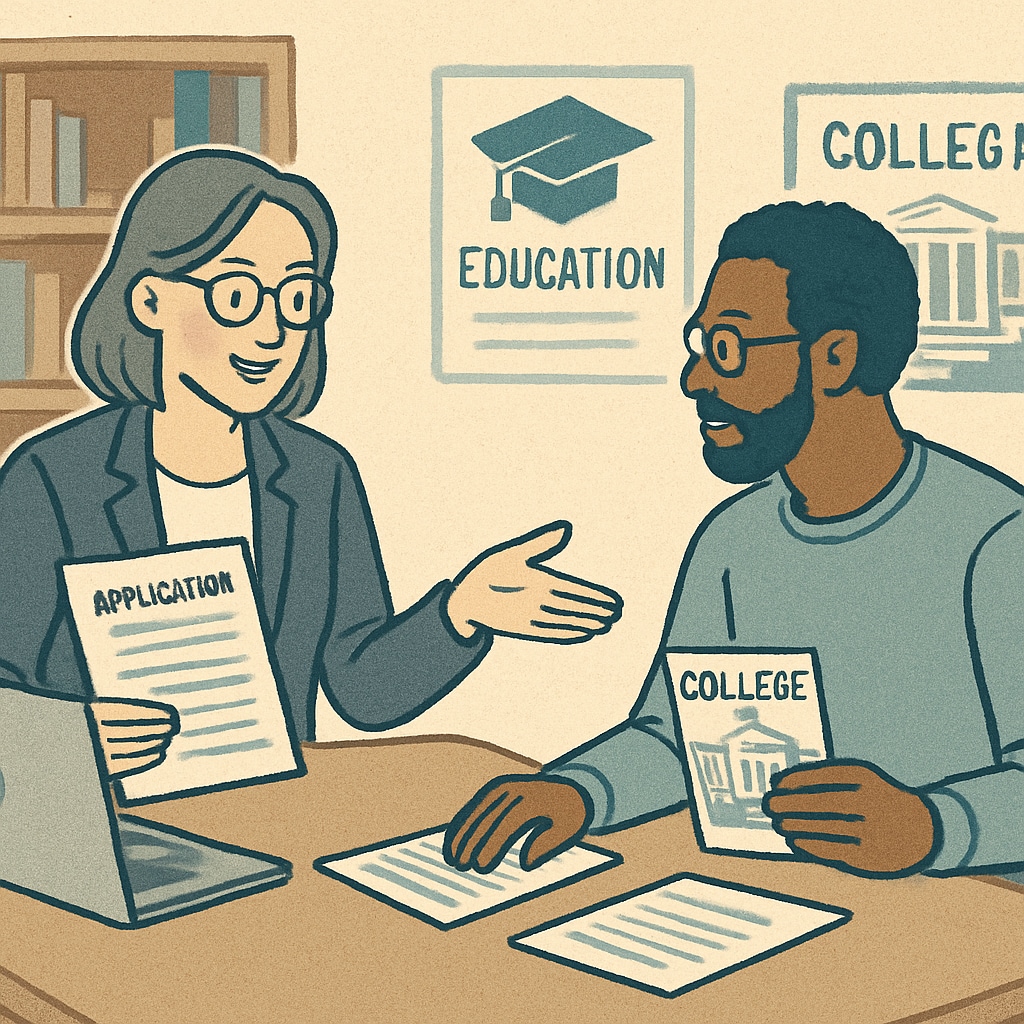For adult learners, earning a General Educational Development (GED) certificate often serves as a critical step toward reclaiming educational opportunities. But is GED to college a viable path? The answer is a resounding yes. Adult education programs are increasingly designed to support GED graduates, offering them a second chance to enter higher education and achieve their career aspirations. However, navigating this path requires preparation, determination, and access to the right resources.

Why a GED Is Recognized by Colleges
Many colleges and universities across the United States accept GED credentials as equivalent to a traditional high school diploma. The GED certificate demonstrates that the recipient has attained high school-level academic knowledge and skills. According to the GED Testing Service, over 97% of colleges and employers recognize the GED, making it a reliable pathway for adult learners to pursue higher education.
In addition to its widespread acceptance, the GED also opens doors to financial aid opportunities. For example, GED holders are eligible to apply for federal student aid programs, such as the Pell Grant, which can significantly reduce the financial burden of college tuition. This recognition ensures that GED graduates have a fair chance at achieving their academic and career goals.
Challenges GED Graduates May Face
While the GED is a valuable credential, transitioning to college can still present challenges for adult learners. Common obstacles include:
- Gaps in academic preparation, particularly in subjects like math or writing.
- Navigating the college application process, which can be complex and time-consuming.
- Balancing academics with other responsibilities, such as work and family.
However, these challenges are not insurmountable. Many colleges offer bridge programs or academic support services specifically designed for nontraditional students. For instance, tutoring, writing centers, and college prep courses can help GED graduates strengthen their skills before starting their degree programs.

Strategies for GED Graduates to Succeed in College
Preparation and planning are key to making the GED-to-college transition smoother. Here are some actionable strategies to consider:
- Start with Community Colleges: Community colleges often have open admissions policies, making them an excellent starting point for GED graduates. They also offer flexible scheduling and lower tuition costs.
- Leverage Academic Resources: Take advantage of campus resources like tutoring centers, counseling services, and workshops to stay on track academically.
- Explore Financial Aid Options: Apply for scholarships, grants, and federal student aid to ease the financial burden.
- Develop Time Management Skills: Use tools like planners or apps to manage your time effectively, especially if you’re balancing school, work, and family.
- Build a Support Network: Connect with other adult learners, join study groups, or seek mentorship from faculty and staff.
Adapting to College Life as an Adult Learner
Entering college as an adult learner can feel intimidating, but it also offers unique advantages. Adult students often bring valuable life experience and a strong sense of purpose to their studies. To adapt successfully, consider the following:
- Set Clear Goals: Define your academic and career objectives to stay motivated.
- Communicate with Instructors: Don’t hesitate to ask for clarification or assistance when needed.
- Stay Organized: Keep track of assignments, deadlines, and class schedules to avoid feeling overwhelmed.
Remember, many colleges have dedicated resources for nontraditional students, including orientation programs and adult learner organizations. These can provide additional support and foster a sense of community.
Conclusion: GED to College Is a Path Worth Taking
For adult learners, earning a GED is not just a certificate—it’s a gateway to higher education and new opportunities. With proper preparation and a clear strategy, the transition from GED to college can be both achievable and rewarding. Whether you start at a community college or aim for a four-year university, the key is to take that first step and believe in your potential.
By overcoming challenges and leveraging available resources, GED graduates can not only succeed in college but also pave the way for fulfilling career paths and personal growth. As a result, the GED truly represents a second chance to achieve lifelong dreams.
Readability guidance: This article uses short paragraphs and clear transitions to ensure readability. Lists are included to summarize key points, and academic terms are explained for accessibility. Overuse of passive voice is avoided to maintain an engaging tone.


